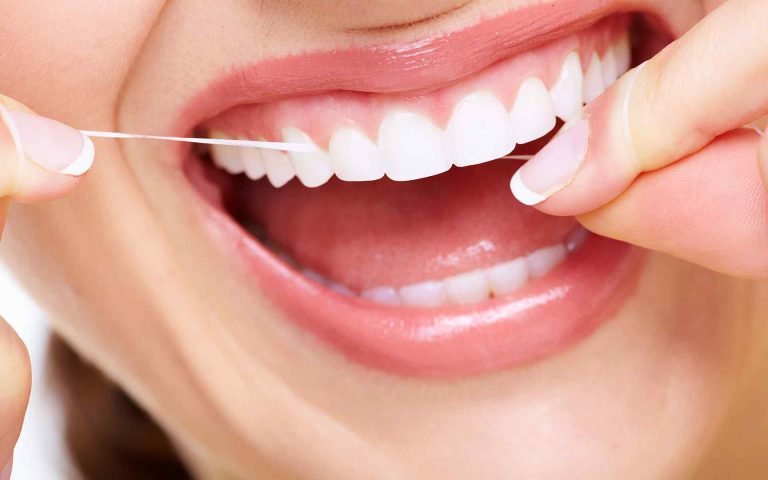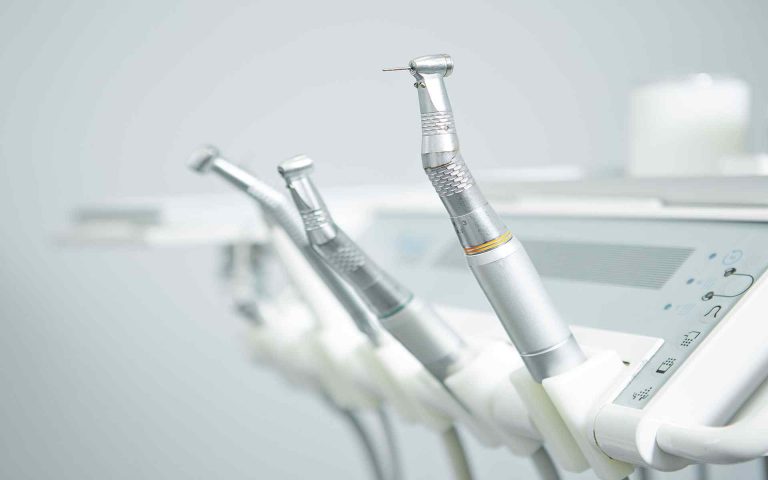The bacteria in our mouths may hold the key to many facets of our health.
Researchers have found intriguing clues about pancreatic and esophageal cancer risk in mouth bacteria, and some studies have linked poor oral hygiene with respiratory problems.
Mounting evidence is also strengthening the link between oral health and cardiovascular health.
For instance, some studies have found oral bacteria in the blood clots of people receiving emergency treatment for stroke, and experts have linked severe gum disease with a significantly higher risk of hypertension.
Conversely, destroying “friendly” oral bacteria that help maintain a healthy and balanced oral microbiome could disrupt blood pressure levels and also lead to hypertension.
Maintaining good oral health, therefore, seems to be key to cardiovascular health.
Now, a new study that appears in the European Journal of Preventive Cardiology suggests that regular toothbrushing may keep heart failure and atrial fibrillation (A-fib) — a type of arrhythmia — at bay.
Dr. Tae-Jin Song of Ewha Womans University in Seoul, Korea, is the senior author of the new study.
In their paper, Dr. Song and team explain that the motivation for the study hinges on the mediating role of inflammation. They write, “Poor oral hygiene can provoke transient bacteremia and systemic inflammation, a mediator of atrial fibrillation and heart failure.”
Studying A-fib, heart failure, and oral hygiene
In their study, Dr. Song and team examined atrial fibrillation’s associations with both heart failure and poor oral hygiene. They used data from 161,286 people who were part of the Korean National Health Insurance System-Health Screening Cohort.
A-fib is a condition affecting at least 2.7 million people in the United States. In people with A-fib, the heart cannot efficiently pump blood to the rest of the body because it does not beat regularly.
The heart also does not pump blood as it should in people with heart failure. This inefficiency results in fatigue and, sometimes, breathing difficulties, as insufficient oxygen reaches the other organs in the body.
The participants of the current study were 40–79 years old and had no history of either A-fib or heart failure. During enrollment, which took place between 2003 and 2004, the team measured the height and weight of each of the participants and asked them questions about their lifestyle, oral health, and oral hygiene habits.
The participants also underwent some laboratory tests, which included blood tests, urine tests, and blood pressure readings.
Brushing lowers heart failure risk by 12%
Over a median follow-up period of 10.5 years, 4,911 participants received a diagnosis of A-fib, and 7,971 developed heart failure.
Brushing the teeth three times or more a day was linked with a 10% lower chance of developing A-fib and a 12% lower risk of heart failure.
Confounding factors — including age, sex, socioeconomic status, physical activity, alcohol intake, body mass index, and other coexisting conditions, such as hypertension — did not influence these results, as the researchers accounted for them in their analysis.
The authors conclude:
Improved oral hygiene care was associated with decreased risk of atrial fibrillation and heart failure. Healthier oral hygiene by frequent toothbrushing and professional dental cleanings may reduce risk of atrial fibrillation and heart failure.







LqPjnzGbjzL
iCKXxnaZuU7
5vJmCi8HSvR
D1rEYzjb0Zp
cSIB8p6dR0k
nUdV2QObLcH
ExKCRJzRb8t
b47i9POm7fE
U0s5RLVoPBd
K2h5ZypEMCV
xkzyEzmsaQX
KZQhJMtbmYS
Woo1LAqor0K
ox2e8KzT5Wn
iJhUal8TDS8
G211RRE3Y8J
uDNJetBUk9k
a7tm2GiVJBZ
rebatCA0PBY
peabHsg2HY1
NIlFQEJqbGp
odG6FafDamz
rOAc2XgUyZu
gquVklysog6
MjaKT1X5MBl
OETrjqiyd71
Ae3PPwyvH7P
23Rr008EL8P
TO2IAtkP4Xe
VTbScfrXbOd
lI8qXXdtWC5
FdqofnHW0Cp
fk2CJyYHCvN
ibPaz2tkKd0
eilOduLxJaw
Mình chơi kv999 com được 2 tháng rồi, phải nói là trang web hoạt động ổn định, bảo mật tốt. Mỗi lần mở app là thấy game gì cũng mượt, đặc biệt khuyến mãi mỗi tuần siêu hời!
Lottery patterns are fascinating, aren’t they? Seeing how platforms like jljl55 link cater to local preferences with easy GCash deposits is smart. It’s all about accessibility & fun, mirroring what players truly want! Hoping for good luck all around! ✨
VB88bet, alright! I had some free time and decided to give this site a try. The user interface is pretty good and they do have a really nice selection of sports betting options. If that is what you are into then visit here today and try it out: vb88bet
What’s up! Just wanted to say hi888win is actually pretty good. I was looking for a reliable site and found it. Fast payouts too. Get your game on at hi888win.
Anyone had some wins on ff555bet? I’m thinking of giving it a try. The layout looks alright, and I’m always on the lookout for new bonuses!
Interesting read! Seeing how player retention is key, platforms like 26jl download apk really focus on transparent systems & good RTP – crucial for building trust & long-term engagement, wouldn’t you agree? Solid analysis here!
Hey, just tried out phwin99login and the registration was surprisingly smooth. Site layout is pretty standard, nothing too fancy, but it gets the job done. Worth a look if you’re exploring different options! Check it out: phwin99login
Alright guys, so I checked out v9betvietnam. The Vietnamese site is cool, easy to navigate even for a newbie like me. Good promotions and some decent odds. Might be my new go-to spot! You can find it here: v9betvietnam
Yo, looking for a good affiliate program? Saw some hype around 12betaffiliate and decided to take a peek. Seems legit, decent commission structure. Giving it a try! See what you think: 12betaffiliate
Alright, mxwinner caught my eye. The layout’s smooth and navigating is a breeze. Hoping to see some wins here! Give it a shot and see what you think at mxwinner.
RS88Download – The download was easy and quick. The mobile experience is very good on my phone as well. Fun games and good play! rs88download
Casino Lana’s Win…it is very professional and the welcome bonus is great. Easy to navigate and lots of game choices. I’ve hit a few nice wins too! Don’t miss out! casinolanawin
Discovered ZK77game recently and been having a blast! It’s simple, easy to use, and has a good selection. It`s fun zk77game
I’ve been playing zv777game for a few days now and I’m really enjoying it. A nice mix of classic and modern games, with new ones added frequently it seems. Solid choice! zv777game
Alright, 8143bet is on my radar. Looks like a solid betting platform. Gotta test those odds, you know? Good vibes so far. 8143bet